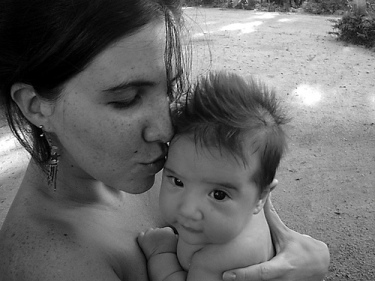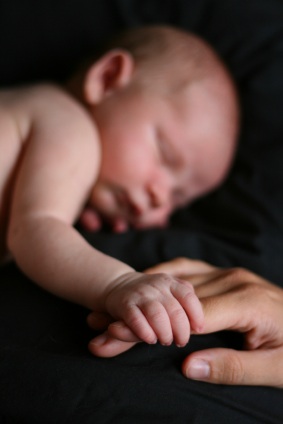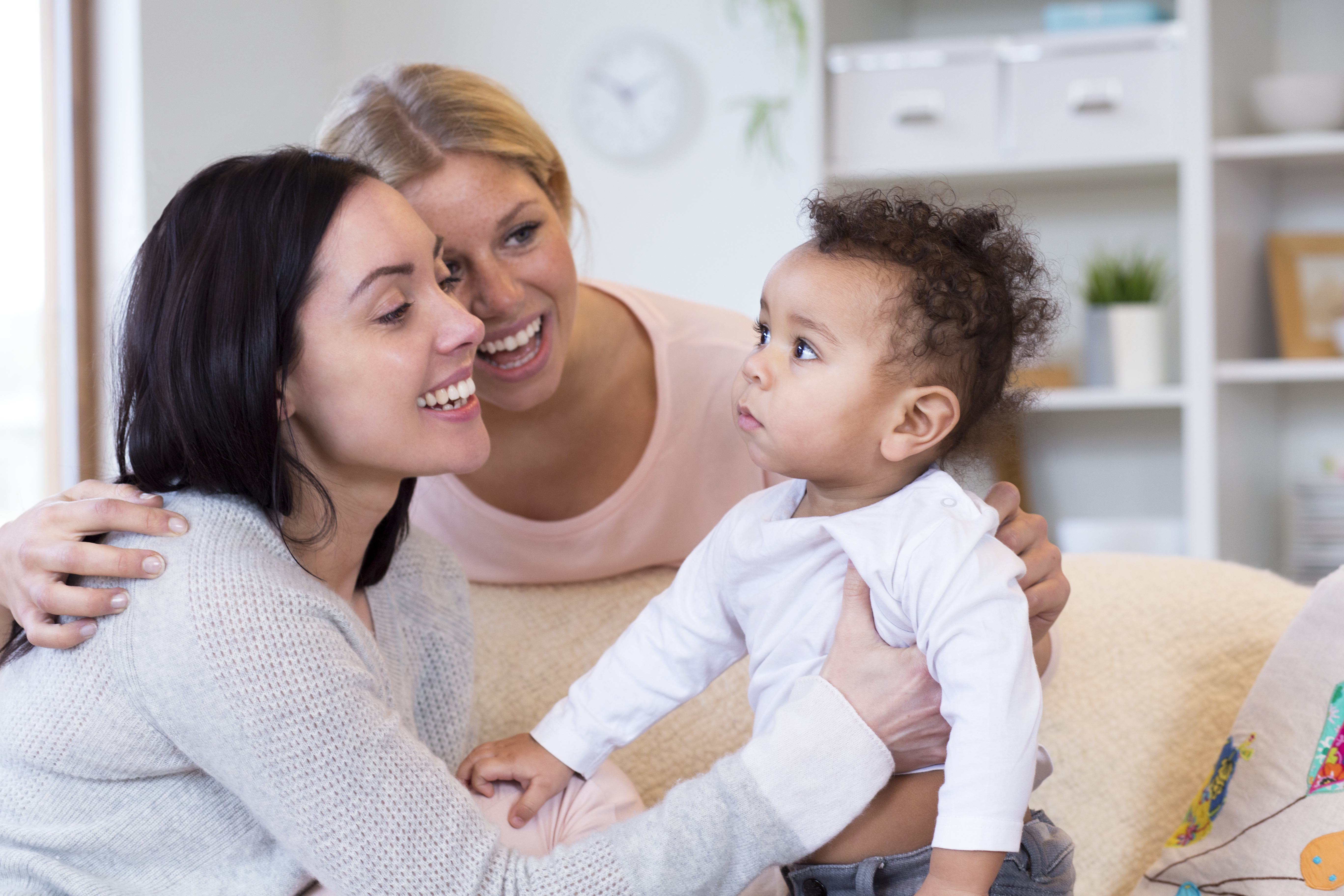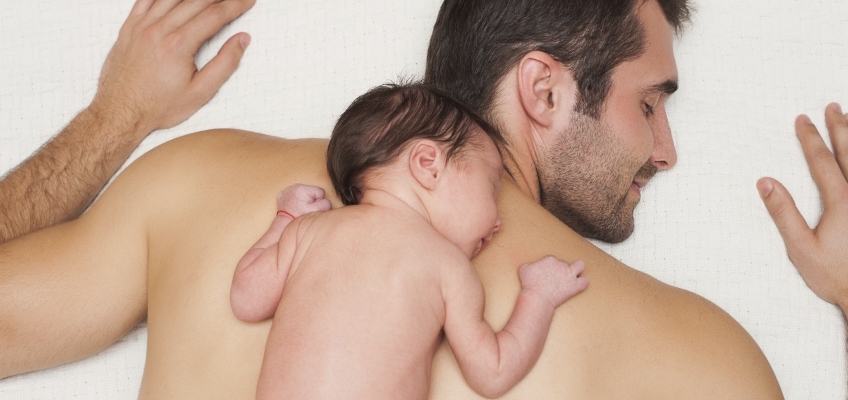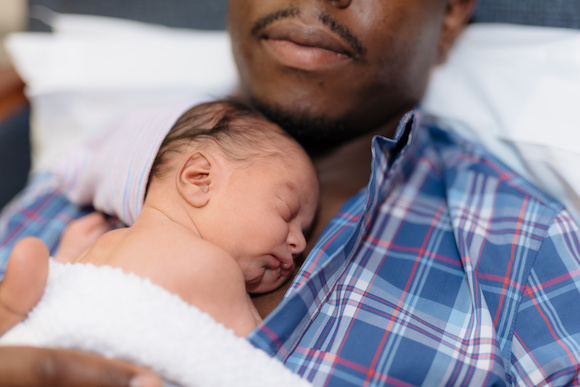Attachment Parenting
There's nothing new about Attachment parenting; parents have been doing it naturally for as long as humans have existed. Attachment parenting is based on responding to a baby’s needs, which in infancy include staying in very close proximity to the parent. Once the baby learns that her caretakers are reliably nurturing and protective, she builds on this internal security as she proceeds to the next developmental tasks of exploration, mastery of the environment, and forming relationships with others.
Attachment parenting is now supported by an impressive body of academic theory and research, but the basic idea is simple and intuitively obvious. Human babies are born helpless because of their big brains. To survive, they need parents to keep them from harm’s way for many years, and to teach them survival skills. So all humans are born seeking close attachments.
Our brain development, our emotional development -- even our later ability to control our tempers and delay gratification -- all depend on having our innate relationship needs met as infants.
The Attachment Parenting philosophy arises from actual research; both longitudinal studies of children and their parents, and advances in understanding infant brain development. But Attachment Parenting is not a set of rules, and every parent uses it a bit differently. Parenting is an art, not a science. As always, use your own deepest wisdom to decide what's best for you and your family.
Start Here:
Attachment Parenting Q&A
Considering Attachment Parenting but wondering about the pros and cons? Check the most frequently asked questions and see if your questions are here. You may also want to read Should I use attachment parenting?
Read MoreAttachment Parenting Basics
So how do you get started with Attachment Parenting? There are no rules, just a few guidelines to help you make the minute to minute decisions as you meet your baby's needs. Contrary to some opinions (from folks who don't practice it!), attachment parenting is actually easier than parent-centered parenting, because it creates a happier, healthier baby who is more connected to parents, and therefore more cooperative, throughout his childhood.
Read MoreThe Continuum Concept
The Continuum Concept, explained by Jean Liedloff in her book of the same name, is the idea that in order to achieve optimal physical, mental and emotional development, human beings — especially babies — require the kind of experience to which our species adapted during the long process of our evolution. We may live in the modern age, where life is very different. But our genes evolve very slowly. That means that babies are born genetically equipped for life as it was lived thousands of years ago. They aren't designed to handle what we ask of them in our modern culture.
Read MoreAttachment Parenting Pros and Cons
Should you Attachment Parent your child? Research shows that babies thrive when their attachment needs are met, so the answer is clearly yes, if we define Attachment Parenting as responding to the baby’s need for connection. But as a psychologist, I'm concerned by how controversial the idea of Attachment Parenting has become. Of course you want a Securely Attached child, but are there specific rules that will help your child develop into one? And does that mean you can't set limits? Let’s define our terms.
Read More